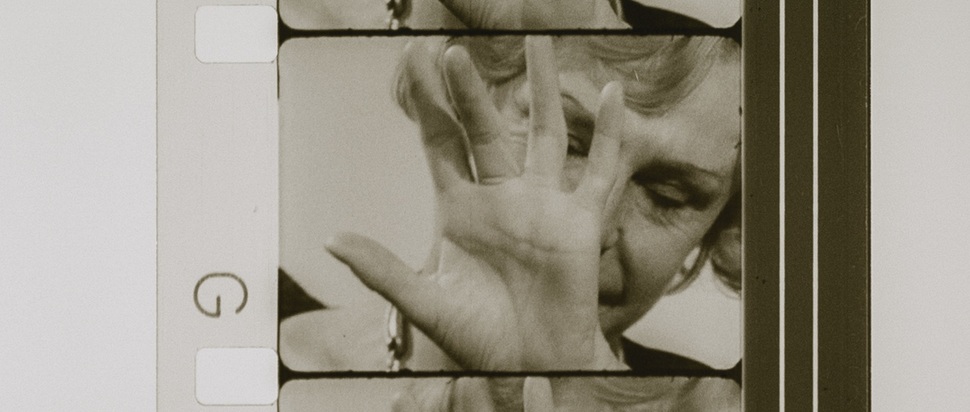Riefenstahl
Andres Veiel's collage digging into the life and legacy of Nazi propagandist Leni Riefenstahl is a dense burrowing into the psyche of one of cinema’s most fractious figures
Leni Riefenstahl remains perhaps the most extreme example of the difficulties of sublime art made by awful people. On the one hand, you have one of cinema’s all time formal geniuses, a filmmaker of such dazzling invention that it would take decades for her contemporaries to catch up. And on the other impossibly big hand, you’ve got the fact that her films were made for, and endorsed, the Nazis and their ideology.
Collaging together decades of footage from Riefenstahl’s archives and TV interviews, this Andres Veiel documentary eschews the tired portrait-of-an-artist format. Instead, the film is more interested in Riefenstahl’s life post-filmmaking and her lifelong obsession with clearing her name.
Those familiar with Riefenstahl will see her pull out all her usual excuses: that she’s an artist, not a politician; she didn’t know about the atrocities that were ongoing; and even if she had known, what was she to do? Veiel shows her making these points countless times, but it has a remarkable cumulative effect. Her combination of deluded self-pity and a control freak's need to manage her own narrative becomes increasingly clear; this is as much a portrait of the morals of artists as a study on the mental tricks people play to tell themselves they’re doing the right thing.
By Riefenstahl's conclusion, you're left with a potent film that has much in common with Kiyoshi Kurosawa’s recent Cloud or indeed Jonathan Glazer's The Zone of Interest in its study of the power that compartmentalisation and self-manipulation have over the human psyche.
Released 9 May by Dogwoof; certificate 15
